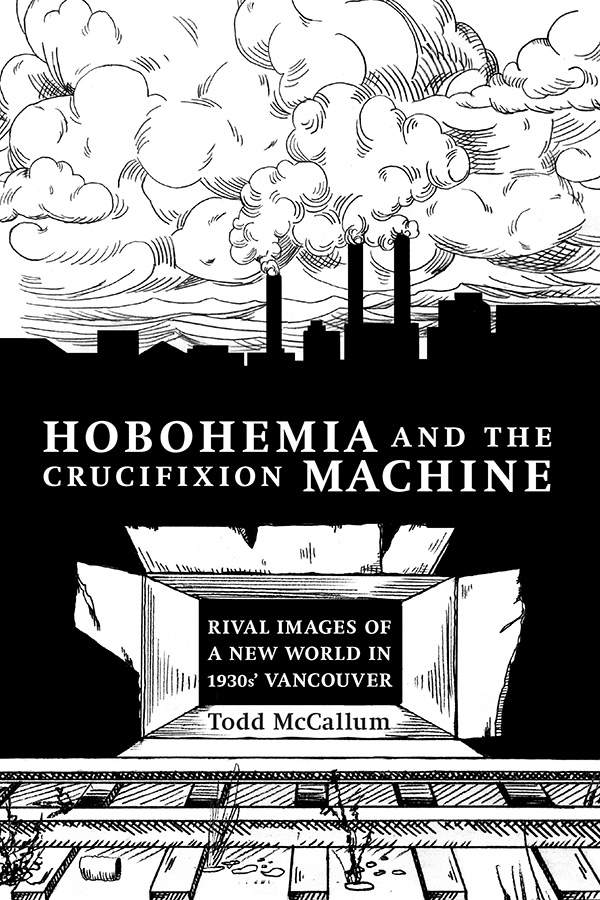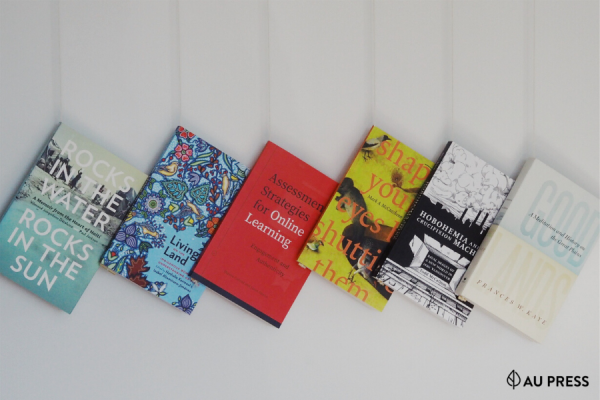This week’s #AUPBookOfTheWeek is Hobohemia and the Crucifixion Machine: Rival Images of a New World in 1930s Vancouver by Todd McCallum. This monograph explores Vancouver’s “hobo jungle,” and forces us to rethink what we know about the modern welfare state and its connections to productivity and Fordism.
Mass need in Vancouver led to mass administration
During the Great Depression, the Vancouver Relief Department fed, clothed, sheltered, and worked the jobless people that gathered in the hobo jungles. Previous to the department’s intervention, life in the jungle was about the exchange of goods—the hobos sustained each other by distributing whatever food and other necessities they had collected with the understanding that tomorrow someone else would rustle up what was needed. The Relief Department took pains to document and assess the transients in an effort to manage this ungovernable group. But when administrative efforts did not provide them with all the information they desired, they sent spies into the jungle who reported back to the Department.
Hobos “repaid” their debt with their labour
Eventually the transients were asked to pay for the relief in the only currency available, labour. They were given bed and meal tickets in exchange for their work even though they often toiled alongside those receiving real wages. But was this not charity? Should the itinerants not have been grateful for the help? Todd McCallum delves deeply into the idea of “help” during the Depression and its disturbing link to the rise of Fordism and its management principles.
Charity or Imprisonment?
In the hobo jungles of Vancouver, Fordist management methods eroded the individuality of the vulnerable itinerants and exploited them as they strove toward goals (infrastructure building, park-building strategy, and the tourism industry) that were quite apart from the provision of aid. The unfair treatment of men in work relief programs across the country led to the emergence of the most significant protest movement in 1930s-era Canada, the On-to-Ottawa Trek.
Todd McCallum is unafraid to challenge the current thinking on any topic. He speaks loudly and with passion on the topic of mixing government and business and how it undermines what we are capable of.

You can download Hobohemia and the Crucifixion Machine for free on our website.


